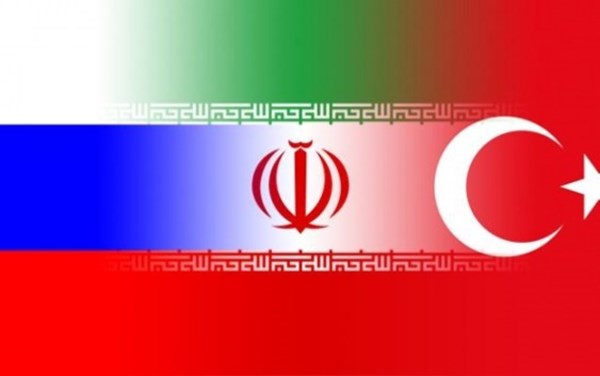Russia, Iran and Turkey failed to agree on security zones in Syria
As reported by diplomats on Wednesday, Russia, Turkey and Iran could not come to an agreement on zones of de-escalation of violence in Syria during the talks in Kazakhstan.
Russia and Iran, who support the Syrian President Bashar Assad, agreed to cooperate with Turkey, which provides assistance to the insurgents, in order to create four zones of "de-escalation" in the war-ravaged country.
The country-participants of the negotiations hoped to come to an agreement by the end of August, before they meet again in Astana.
The failure, which was reported on Wednesday, was an unpleasant surprise for Moscow, which not only acted as the organizer of the peace talks, but also tried to play a leading role in the settlement of the ongoing six-year conflict in Syria.
"During these consultations, the Turkish contingent stated that it would need more time to make an appropriate decision," Russian representative Alexander Lavrentiev said. The head of the Syrian delegation Bashar al-Jaafari was more frank in his comments.
"The Turkish delegation rejected consideration of any document related to the implementation of the mechanisms of agreement on zones of de-escalation," he said. Turkey refrained from making any public statements at the end of the talks.
The previous round of consultations in Kazakhstan held concurrently with the peace negotiations in Geneva, which were organized with the mediation of the United Nations, did not bring any noticeable progress.
The ceasefire agreement reached in May and being in force in the area of the so-called "de-escalation zones" was constantly violated.
During the civil war in Syria, according to UN estimates, more than 320,000 people were killed. Upon the initiative of the UN, a special commission was established to investigate tortures, massacres and other crimes committed during this conflict.
